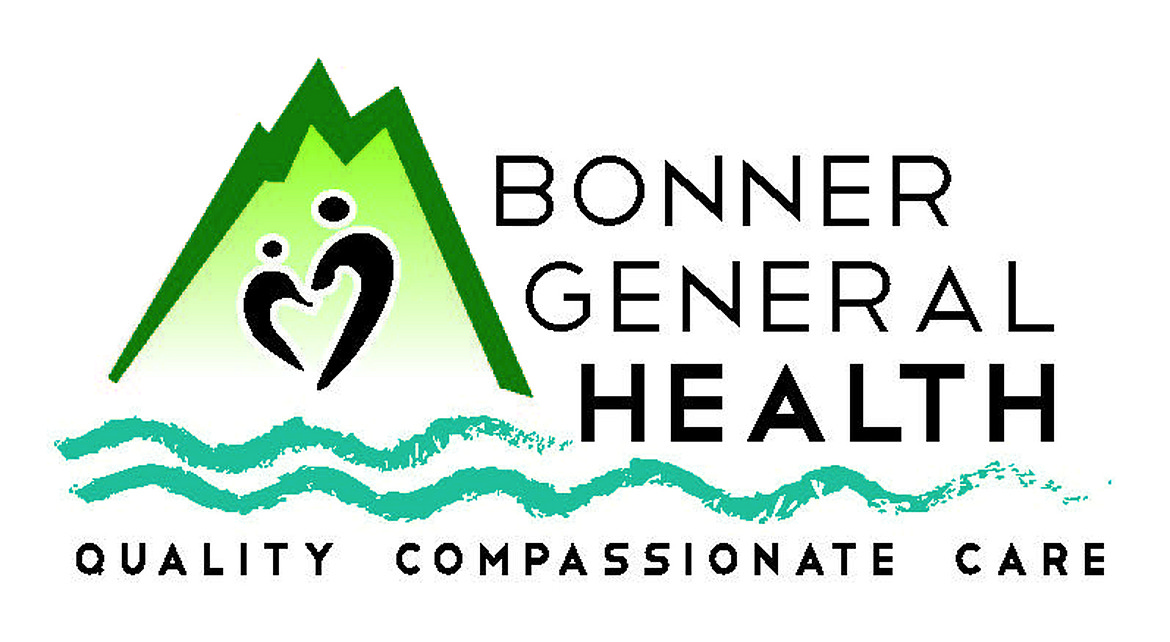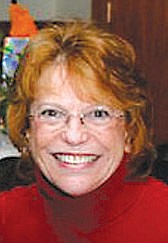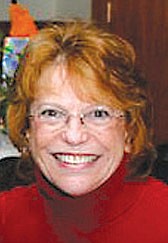Should we put snow on the holiday menu?
While reading a whole bunch of articles about how to have a safe holiday season, I came across a headline that caught my attention. It said, “Is it safe to eat snow?” Now, there’s a subject I’ve never even considered writing about.
It reminded me of a movie I watched many years ago about a couple stranded on some remote mountain, ill-prepared for the blizzard-like conditions. They bundled up to walk to safety. I remember little about the film except that the wife was pregnant and kept eating snow. The husband didn’t, and he survived.
The Centers for Disease Control and Prevention says that staying in your car is most often the safest choice when faced with inclement weather. They say not to eat snow because it will lower your body temperature, potentially causing hypothermia.
Hypothermia is a dangerous condition that occurs when your body is exposed to extremely cold temperatures. “In adults, warning signs of hypothermia include shivering, exhaustion or feeling very tired, confusion, fumbling hands, memory loss, slurred speech, and drowsiness. In babies, signs include bright red, cold skin, and very low energy,” CDC says. And, you know, it can kill you.
What if you’re engaged in outdoor activities and get thirsty? It would make sense to think eating snow would quench that thirst. Sunnysports.com says that’s not the case. “The urban myth that eating snow will rehydrate the human body is far from true and can actually do the exact opposite.”
They explain: Snow is a solid that must melt before it becomes a fluid. Cells and organs in the body need water to be in a liquid state, so the body must work to heat and melt the snow once it is eaten. Because the organs must work harder to heat the ice and melt it, you will become further dehydrated rather than hydrated.”
Are there any other reasons we shouldn’t eat snow? Aside from the fact that it has no nutritional value, there are several.
The CDC says that in an emergency, when there is no other water available, snow can be melted for water. “Bringing water to a rolling boil for one minute will kill most germs but won’t get rid of chemicals sometimes found in snow.”
Chemicals? Mary Scarzello Fairbanks, a meteorologist with National Oceanic and Atmospheric Administration told Prevention.com, “The bottom line is the water that makes up snow comes from evaporated water that rises from the Earth’s surface. In snow, you can find traces of water from rivers, lakes, or oceans around the world.
“Snow contains droplets that will hold onto pieces of dust, tiny bacteria, or other things floating in the air. The makeup of snow will be influenced by what’s happening in the atmosphere and that includes impurities like aerosol particles, nutrients, and pollutants.”
According to Environmental Science, consumption of any snow should be avoided because it acts as a sink for tiny particles primarily found in car exhaust fumes. An article on Snowbrains.com said, “Eating snow is essentially eating a pollution-flavored popsicle that still has the adverse effects of the harsh chemicals that car-exhaust fumes contain.”
Prevention.com says that eating a bit of fresh snow after a storm is probably not a big deal. It’s the amount that matters. Diane Calello, M.D., is the medical and executive director of the New Jersey Poison Information and Education System. She says that a small amount of snow is non-toxic, but one shouldn’t eat it.
“Depending on what’s in your snow, you could end up with an upset stomach, vomiting, diarrhea, or possible even an infection if you eat too much, but that would take a lot of snow,” she said.
So, if you want to catch snowflakes on your tongue, go for it. If you want to lick a snowball of freshly fallen snow, do it. The operative words are “freshly fallen.” You don’t want to eat greyish-dirty snow, yellow snow, or snow that possibly contains animal droppings.
“Just don’t go overboard,” Dr. Callello said. “Everything in moderation – even snow.”
Kathy Hubbard is a member of the Bonner General Health Foundation Advisory Council. She can be reached at kathyleehubbard@yahoo.com.



